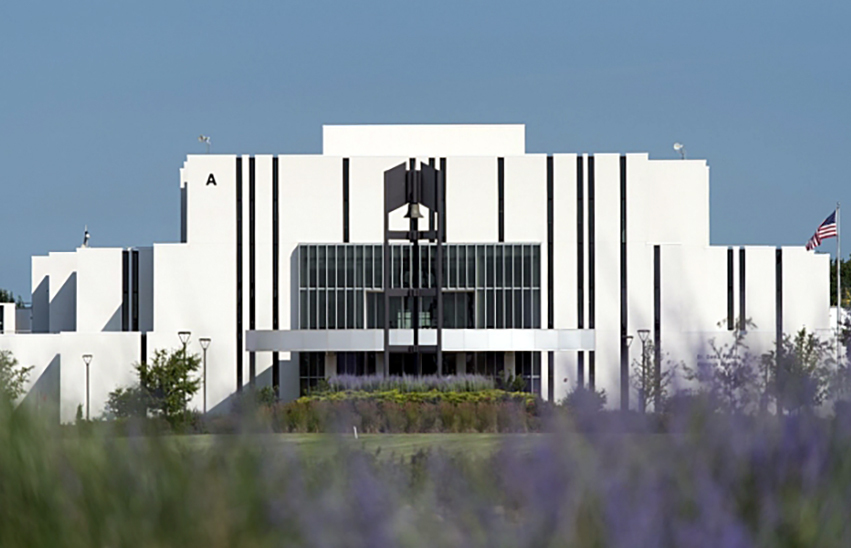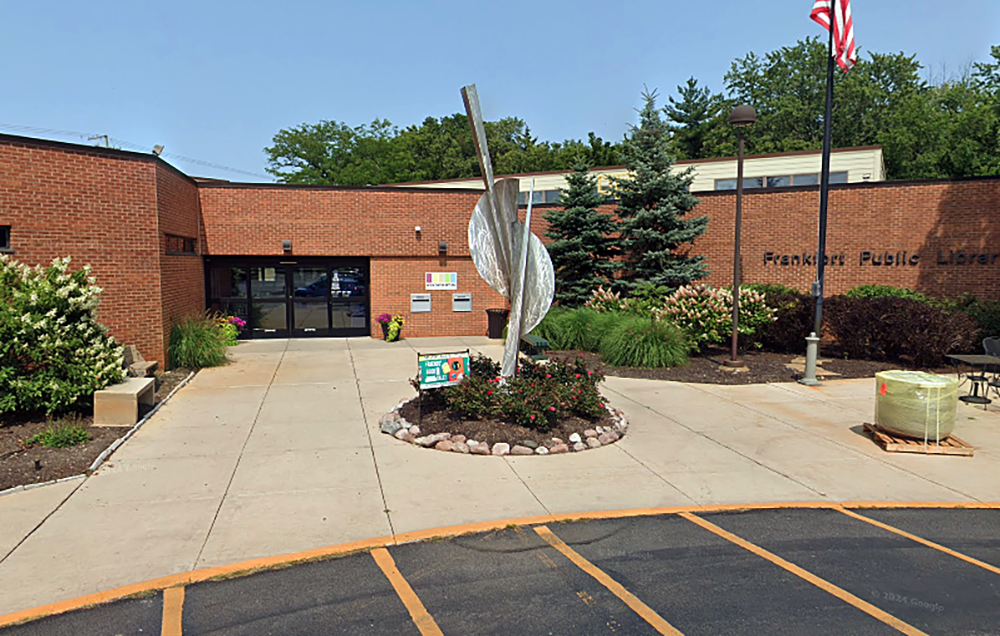
Aldermen oppose Chicago mayor’s ‘punishing’ head tax proposal
(THE CENTer SQUAre) – Chicago Mayor Brandon Johnson says he wants corporations to pay more in taxes, but with some city council members opposed, one alderman says the mayor could be planning a property tax increase.
In his 2026 budget proposal, Johnson included a $21-per-worker monthly tax on businesses with 100 employees or more.
The mayor said it is not unreasonable for corporations to pay what he called “their fair share” to support the city.
“Look, I made a commitment to the people of Chicago that we’re going to invest in them and that we’re going to challenge those with means to put more skin in the game, but I also made a commitment that we’re not going to continue to balance budgets off the backs of working people,” Johnson said.
During a press briefing at City Hall on Thursday, reporters suggested to the mayor that he might not have the votes to get a corporate head tax through the city council.
Johnson said big businesses should have no problem paying a tax for each worker they employ.
“We’re really talking about, for these largest corporations, less than 1%, about 0.4% of their overall budget, $21 a month. We’re talking about lunch,” the mayor said.
Alderman Raymond Lopez said 27 or 28 aldermen signed a letter saying they don’t support the corporate head tax.
“I don’t necessarily believe that it will be in the final iteration of this budget because, while it may be something that the socialists and the extreme liberal left want to see, a vast majority of aldermen recognize that you should not be punishing corporations for hiring people from our communities,” Lopez told The Center Square.
Lopez said the head tax would punish homegrown companies like Walgreens and Jewel-Osco that employ tens of thousands of people in the city.
“It’s easy to point at Amazon and the Walmarts of the world, but when you look at the fact that you have homegrown companies like Walgreens and Jewel-Osco and others that employ tens of thousands of individuals, you quite literally are going to penalize them millions of dollars for existing and operating and hiring in the city of Chicago,” Lopez said.
Lopez said a head tax would not solve the issue of food deserts.
“That’s not how you build growth. That’s not how you uplift economies or disinvested areas. Sadly, the mayor does not understand that, but thankfully, many of my colleagues and I do,” Lopez said.
Lopez suggested that the mayor could propose a property tax increase to replace the head tax and other tax proposals.
Gov. J.B. Pritzker said he was “absolutely, four-squared opposed” to a corporate head tax in Chicago because it penalizes employment by businesses.
“When they decide they want to do something new, I want them to do that here and not say, ‘Well, yeah, we’ve got our facility here but the next facility, we’re going to build somewhere else,” Pritzker told The Economic Club of Chicago last month.
The Tax Foundation’s Katherine Loughead said one unintended consequence of the tax is that many employers would modify their business decisions to minimize liability or to avoid the tax altogether.
“Instead of hiring additional full-time employees who work in Chicago most or all of the time, some employers would increase reliance on artificial intelligence, shift more individuals from full-time to part-time employment (especially in retail and food services sectors), increase reliance on remote employees who live outside Chicago (especially in professional services sectors), or a combination of these alternatives,” Loughead wrote Nov. 5.
The Illinois Chamber of Commerce and the Illinois Retail Merchants Association (IRMA) also expressed opposition to the corporate head tax.
“This is just going to exacerbate Chicago’s business development problems,” Karr told The Center Square last month.
The Chicago City Council Committee on Budget and Government Operations has budget meetings scheduled next week. The full council is scheduled to meet on Friday, Nov. 14.
Chicago is facing a budget deficit of $1.15 billion.
Latest News Stories

Judge’s questions during IL gun ban arguments gives rights advocates ‘hope’
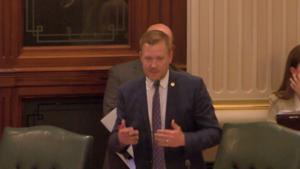
Illinois agencies to post monthly investment reports, lawmaker calls symbolic
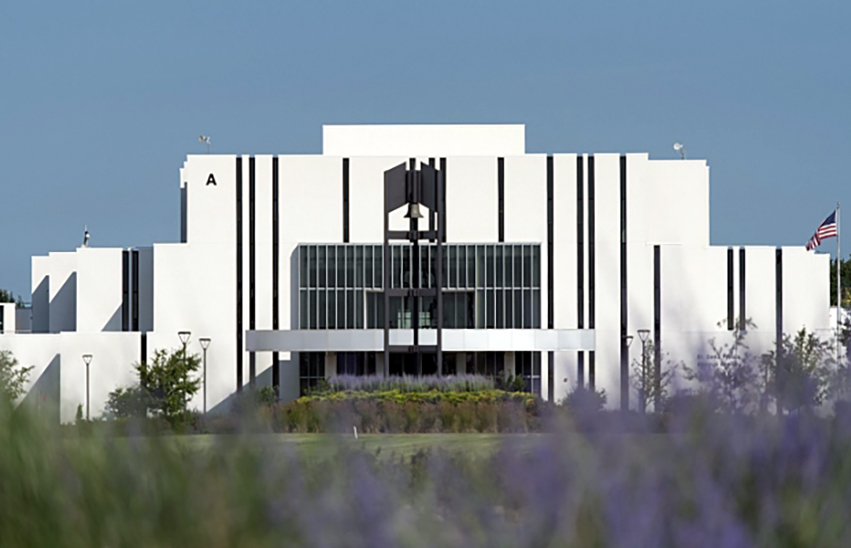
JJC Board Approves Contract with Adjunct Faculty Union
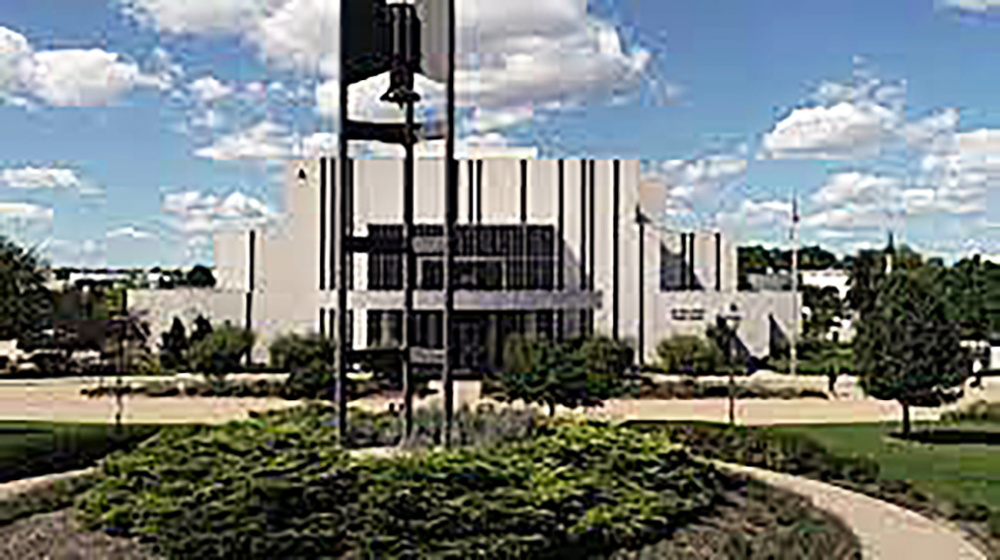
JJC Board Approves Student Trustee Quorum Policy Amid Heated Debate

Meeting Summary and Briefs: Summit Hill School District 161 for August 13, 2025
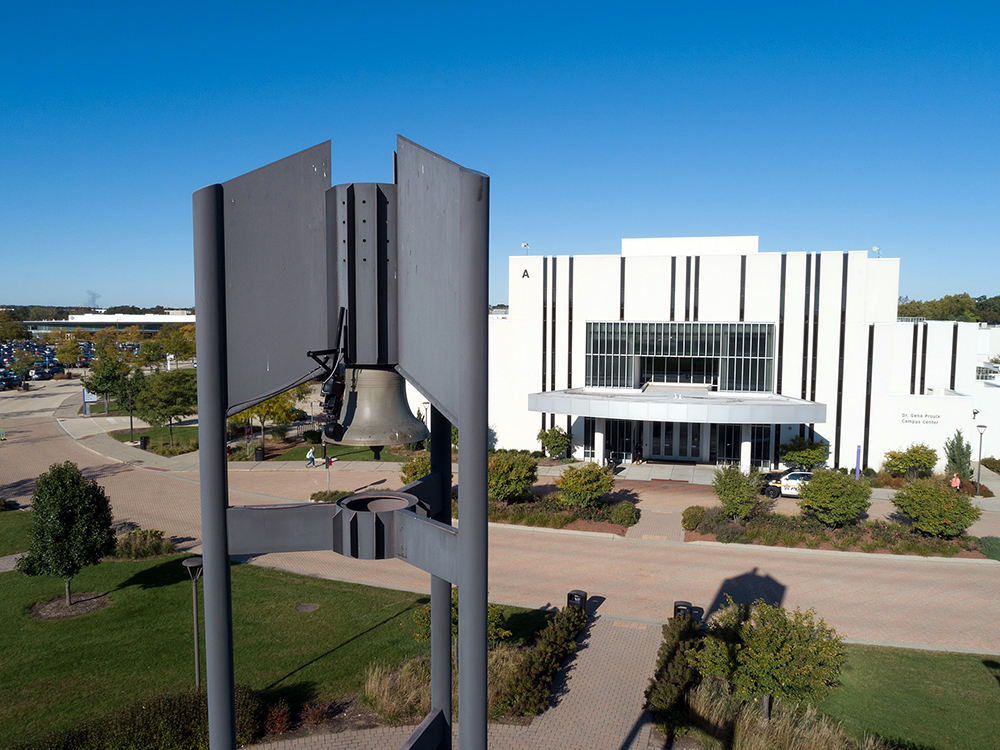
Joliet Junior College, City of Joliet to Explore Joint Public Safety Institute
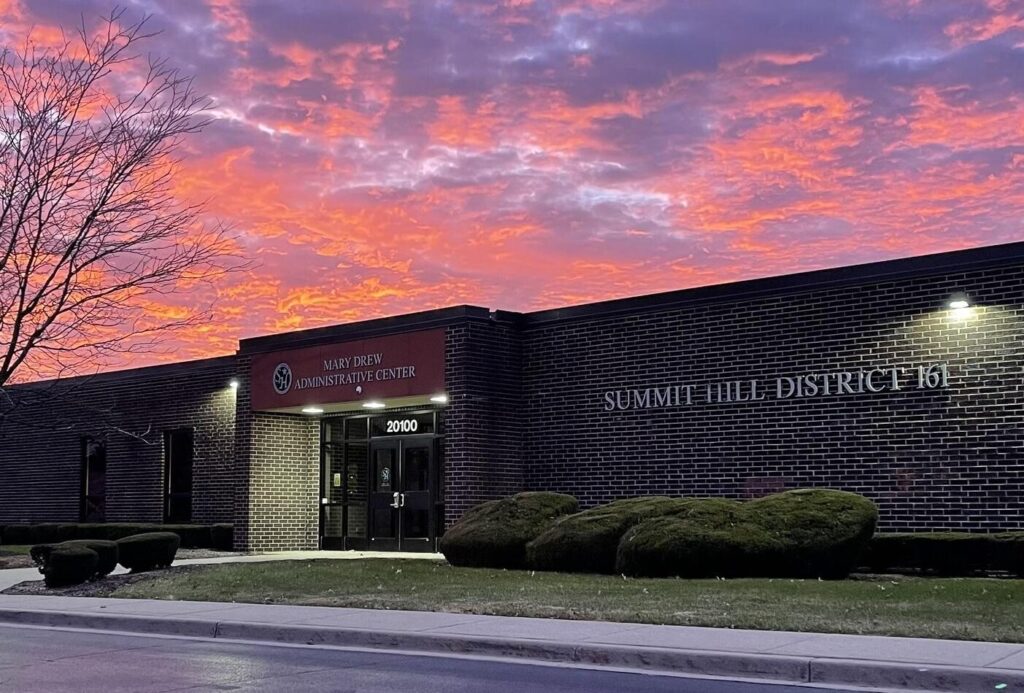
Summit Hill 161 Accepts a Dozen Resignations, Approves New Hires

Summit Hill 161 Approves $48K Tech Upgrade, Board Divided on New Teacher Hire

Meeting Summary and Briefs: Frankfort Village Board for September 8, 2025
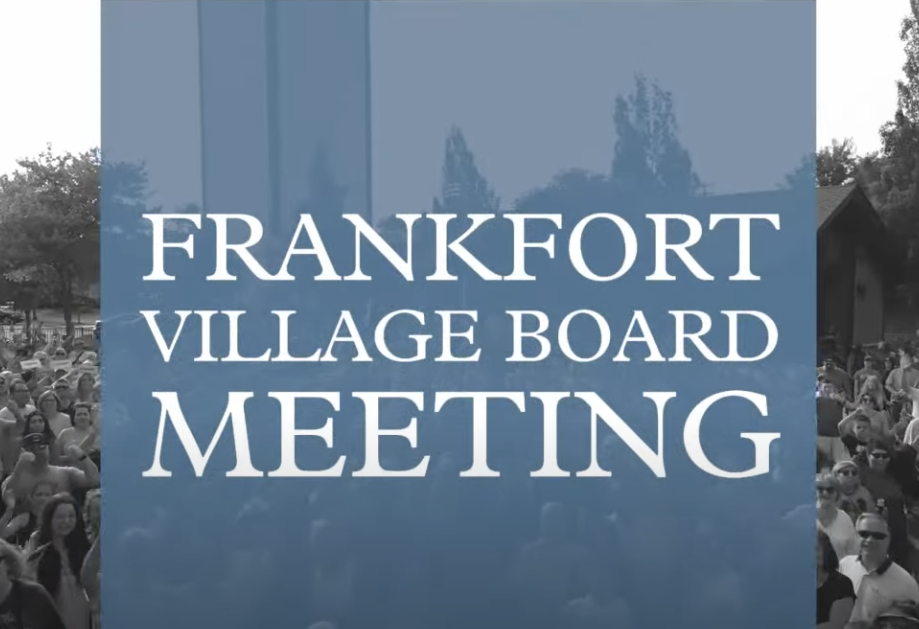
Frankfort Resident Questions Village’s Lake Michigan Water Survey Process

Meeting Summary and Briefs: Frankfort Public Library District for July 24, 2025

JJC Moves Forward with Major Technology Overhaul to Modernize College Operations

